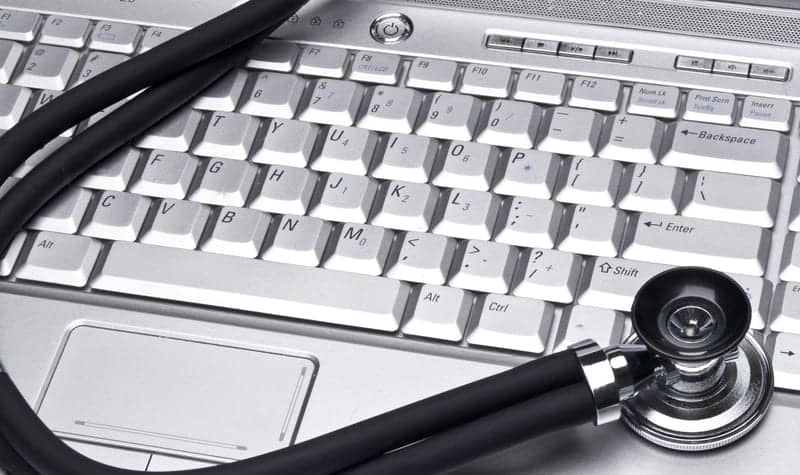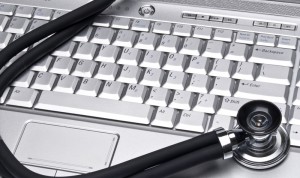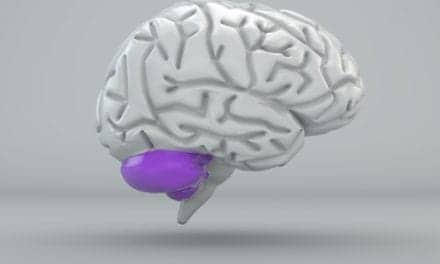While much of the media coverage related to Ebola hotspots in the US and abroad has focused on how the virus may potentially spread, little was said about how technology such as electing health records (EHRs) could help locate, treat, and control Ebola.
InformationWeek Healthcare Editor Alison Diana will attempt to expand on those ideas for harnessing the power of EHRs by explaining how the US government, in cooperation with doctors, nurses, healthcare workers, and hospitals, has increasingly turned to technology to get better data on Ebola.
Diana’s story, “Ebola: 10 Tech Responses To Deadly Disease,” reportedly will use interviews with several major healthcare practitioners to measure the response to the Ebola, and how technologies such as EHRs, data analytics, and clinical decision support software have changed the way deadly diseases are diagnosed and treated.
Like other large businesses that are relying more on data and analytics to make critical decisions, many in the healthcare field believe this is the time to use technology more effectively. As BeyondCore CEO Arijit Sengupta told Diana:
“They’re taking one or two cases and having a lot of scary discussions on TV. We need to alleviate this. It’s a crisis we shouldn’t let go to waste. This isn’t a pandemic yet. If this was a real pandemic, how should we approach this?”
While technology may hold the key to tracking Ebola, it’s also a massive undertaking not only for hospitals and clinics, but also for the IT staffs that support these institutions. For instance, nearly 1,000 different EHR vendors had to modify their applications to take into account travel histories of patients.
Further coverage about how technology is helping to respond to Ebola, includes:
- InformationWeek Editor David Carr’s look at problems with misdiagnosis and EHRs when it comes to Ebola.
- A special guest column by freelance writer Jai Vijayan that explores how Ebola is testing the limits of data mining.
[Source: UBM Tech]






